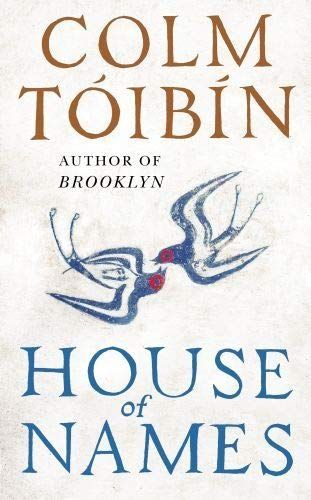Reviews
Moray Lyle McIntosh@bookish_arcadia
Jade Flynn@jadeflynn
Hannah Picken@hanpicken
Madhu kishore@kishore
Amelia Baumann@abmn
Hannah Swithinbank@hannahswiv
Liz Prinz@prinzy
Anna Ling@aling
James Haliburton@jdhberlin
Dearna Mulvaney@wordsoftheroses
